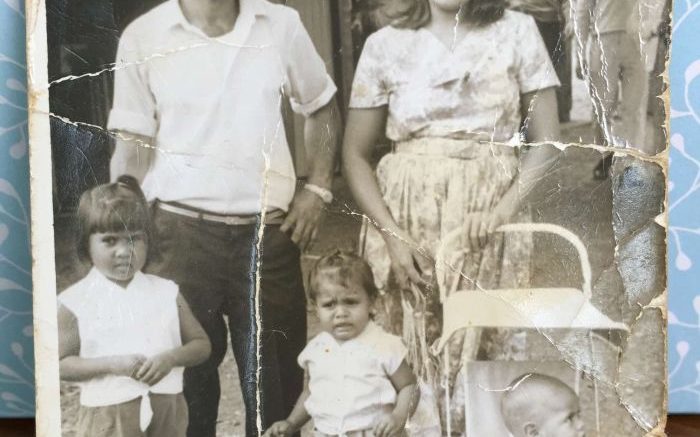Queensland class action over unpaid wages for Indigenous people ‘setting a national precedent’
Lawyers say a class action in Queensland over unpaid wages to Aboriginal people is setting a national precedent, as dozens more come forward in other states to say they were not paid properly.
Key points:
More than 300 people are suing the Queensland Government in the Federal Court, which held money in a trust that should have been paid to them as labourers or domestic workers more than half a century ago.
Rebecca Jancauskas, from Shine lawyers, said the class actions first directions hearing this week had revealed that the litigation proceedings would be speedy because of the advanced age of the claimants.
“It was clear that these claims are being taken seriously by federal court bench,” she said.
“And proceedings have set the tone for litigation in other states where protectionist legislation was in place and wages were withheld from Indigenous people.
“Dozens of individuals have contacted Shine from across Australia wanting to register to be a part of action in their state.
“So what we’re doing at Shine is investigating bringing proceedings in other states — including the Northern Territory, Western Australia and NSW.”
‘We were sometimes paid three pounds’
Violet Perry was 15 years old when she and dozens of other girls were taken from a mission in central New South Wales to become domestic workers in Sydney.
“The welfare board walked in one day and she said to my mother: ‘I’ve got a job for your daughter’,” she said.
“My mother nearly screamed the house down, I was crying and I didn’t know what to say or do.”
Ms Perry worked in homes in Sydney’s eastern suburbs for years in the early 1960s.
She said she was “sometimes” paid three pounds a week, but said there were times where she and the other workers would not get paid at all.
“Because we had a room down the back we never asked questions, because they might have done something to us,” she said.
Ms Perry, now 71 years old, is one of the dozens of people around Australia who have come forward wanting to be part of the class action.
2002 claimants received a ‘fraction of what they were owed’
The Queensland Government did set up a reparations scheme in 2002, but Ms Jancauskas said claimants only received between $2,000 and $7,000 for decades of work as labourers, stockmen or domestic servants.
“The amount they received through the reparations scheme was but a fraction of the money that the Government is holding in trust for them,” Ms Jancauskas said.
“Had people received their entitlements through reparations schemes, then there would be no need for litigation to be pursued.”
Those who took part in the scheme had to sign a deed of release, stopping them from taking further action.
But Ms Jancauskas said that would not stop them from participating in the litigation.
Source: www.abc.net.au




